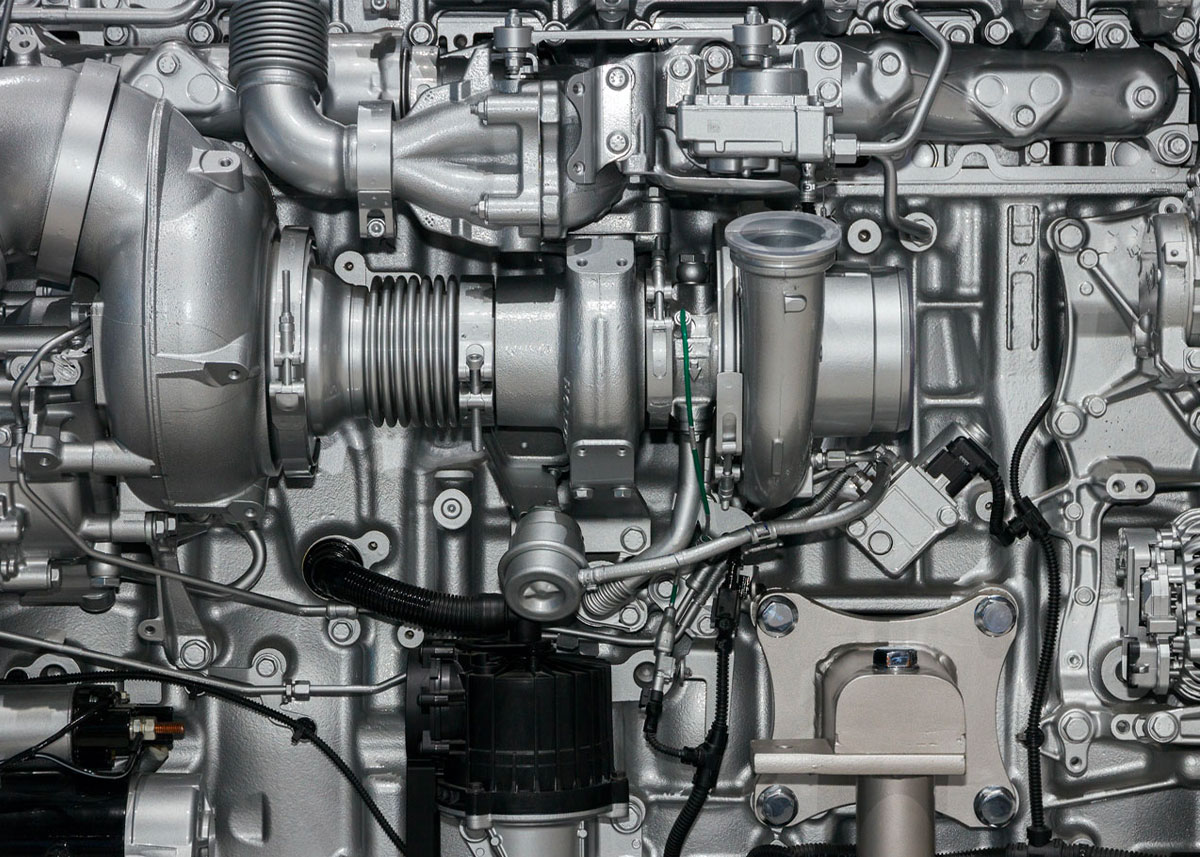Boost Your Fleet with Engines For Africa's Selection
Boost Your Fleet with Engines For Africa's Selection
Blog Article
A Total Guide to Choosing the Right Engine for Your Task
Choosing the proper engine for your job is an essential choice that can considerably affect its general success. It is vital to thoroughly specify your job needs, evaluate efficiency demands, and take into consideration user-friendliness alongside various other vital factors. Furthermore, understanding the area support available and inspecting cost ramifications can better fine-tune your selection. Each of these components plays an essential duty in guaranteeing that your picked engine not just satisfies instant purposes but also lines up with long-term ambitions. As we discover these factors to consider, you might discover that the subtleties of each element reveal even more than initially prepared for.
Specify Your Project Needs
Specifying your project needs is a crucial action in selecting the suitable engine for successful implementation. A comprehensive understanding of your task's purposes will certainly guide you in recognizing the capabilities and features called for from an engine. Begin by laying out the range of your task, consisting of the desired functionality, target market, and the specific results you intend to attain.
Next, consider the technical needs that straighten with your task goals. This includes reviewing the compatibility of the engine with existing systems, along with the shows languages and structures that will be utilized. In addition, analyze the level of scalability called for to fit future development or changes popular.
Budget restraints also play an important function in specifying your job needs. Establish a clear monetary framework to guide your decision-making process, making certain that the engine selected fits within your budget while providing the essential performance.
Evaluate Efficiency Needs

Following, take into consideration the scalability of the engine. Analyze whether it can manage raised work as your project grows. Engines that sustain horizontal scaling are often preferable for larger applications. Furthermore, review the engine's efficiency under various problems, such as peak usage situations, to ensure it satisfies your dependability standards.
Take Into Consideration Simplicity of Use
While technical specs are necessary, the simplicity of usage of an engine can substantially impact the advancement procedure and overall task success. An user-friendly user interface, clear documentation, and streamlined operations can drastically decrease the understanding curve for designers, enabling them to focus on creativity and analytical as opposed to coming to grips with complicated tools.
When examining an engine's convenience of usage, think about the onboarding experience. A well-structured intro, full with tutorials and sample tasks, can help with a smoother transition for brand-new customers. In addition, the clarity and comprehensiveness of the engine's documentation play an important function; comprehensive overviews and API references can equip developers to fix and execute features effectively.
An additional facet to consider is the engine's modification abilities. An engine that enables easy adjustments can be more easy to use, as designers can tailor it to fit their certain demands without considerable inconvenience. Analyze the workflow integration with tools and systems you already utilize. A natural ecosystem can improve performance and decrease friction throughout the advancement procedure. Inevitably, picking an engine that prioritizes ease of use can result in a much more delightful and effective growth experience.
Assess Area and Assistance
The toughness of an engine's community and assistance network can significantly influence a programmer's experience and success. When assessing an engine, click over here think about the dimension and task level of its community.
Moreover, evaluate the accessibility of main assistance networks. Dependable paperwork, receptive client assistance, and regular updates are necessary for attending to technical issues and maintaining your task on track. Engines For Africa. Energetic communities also cultivate partnership, supplying opportunities for networking and responses, which can be very useful, particularly for independent developers or small groups
Additionally, investigate the existence of community-run occasions, such as hackathons or meetups. These events can enrich your understanding of the engine while connecting you with prospective partners and knowledgeable individuals. In summary, a robust area and support group not only simplify development yet likewise create a setting for finding out and development, ultimately improving the chance of your task's success.
Compare Cost and Licensing Alternatives
Budget plan factors to consider play a crucial duty in choosing the right engine for your job, as the price and licensing options can dramatically influence both short-term expenses and long-term feasibility. Engines For Africa. Various engines offer differing pricing structures, which can consist of single acquisition fees, subscription versions, or revenue-sharing contracts based upon your job's revenues

Accrediting choices additionally differ substantially. Some engines are open-source, using adaptability and community-driven assistance, while others might require exclusive licenses that restrict use and distribution. Understanding the implications of each licensing design is essential, as it affects ownership civil liberties, future scalability, and potential lawful responsibilities.
Conclusion
In verdict, picking the appropriate engine for a project demands a thorough assessment of specified task demands, efficiency needs, ease of usage, neighborhood assistance, and expense factors to consider. By systematically dealing with these critical variables, decision-makers can make certain positioning with both future and present project demands. An educated option ultimately enhances the probability of job success, enabling reliable resource appropriation and taking full advantage of prospective results within the specified budgetary restrictions.
Selecting the ideal engine for your job is a vital additional info choice that can substantially influence its general success.Specifying your project needs is a crucial step in picking the appropriate engine for successful execution. An extensive understanding of your job's purposes will assist you in recognizing the go to these guys capacities and attributes required from an engine.When you have a clear understanding of your task needs, the next step is to examine the efficiency needs of the engine.In conclusion, selecting the suitable engine for a job demands a comprehensive analysis of defined job requirements, efficiency needs, convenience of use, community support, and cost considerations.
Report this page